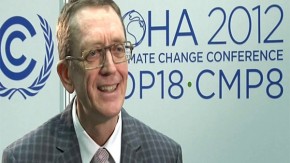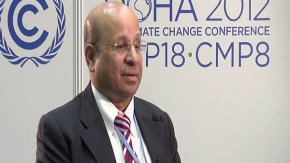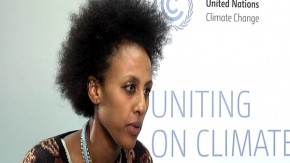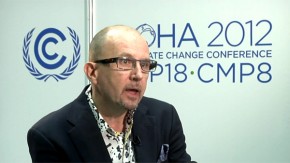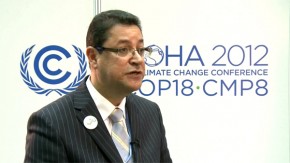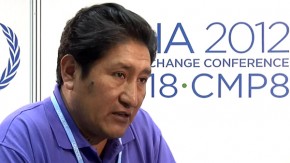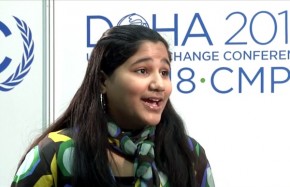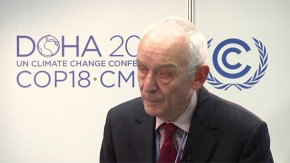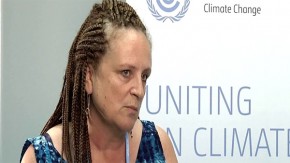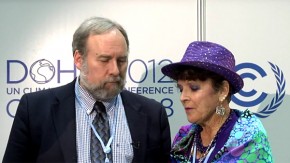COP18 (29/11/12) – Artur Runge-Metzger, Lead EU Negotiator talks about the current state of the negotiations after the first few days of talks. He says that there is a lot more work to be done to get different countries’ ideas captured and says this is normal for a negotiations. He says the final text will look a lot different once all the compromises have been worked out.
He said that all negotiators said on day one that they wanted a successful outcome, but now they must put in the work to get there.
On the LCA track of negotiations he says that comments from Chinese negotiator Su Wei that the LCA could deadlock other negotiation streams could be aimed at upping the stakes of the discussions. He says he is confident there will be texts on all streams of the talks on which the high-level negotiations will take place.
On the Kyoto Protocol, he says that countries have made a good start but there is still a lot of work to do over the coming days. He said more complex issues will have to be decided by ministers, but hopes the discussions this week can provide them with options. He says that discussions surrounding the ‘Hot Air’ issue have not been discussed and are likely to take a significant amount of time.
He says more important than long-term finance is what will happen next year with funding and how developing countries can ensure their projects in planning can continue. He says that there will not be a ‘funding cliff’ or a gap and that it is important to given developing countries reassurance on this.
On longer-term finance he says talks will have to continue on how much should be from public and private funding and also innovative sources. He says the talks on this have begun but no decision has been taken.
He says if you look at the real world the developed and developing country split is not clear. He questions how much sense the definition makes. He says the UNFCCC language of Common but Differentiated Responsibilities and Respective Capabilities is a more open term and should be considered as countries figure out how much to contribute to emissions reductions. He stresses each country should be looked at on its own merits.
